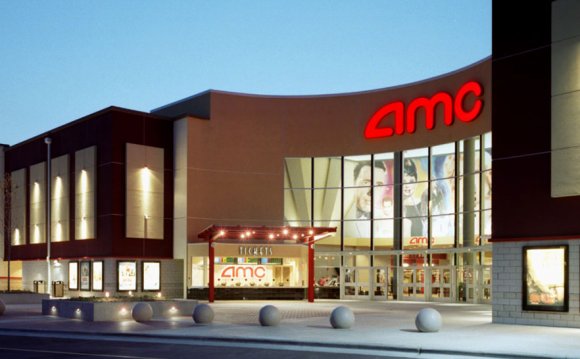
The Catawba Indian Reservation could be home to one of the largest movie studios east of Los Angeles if tribal leaders and a film producer reach an agreement.
The Catawba and Studio South of Charlotte are considering a $350 million investment that would bring sound stages, a hotel, a new Catawba Cultural Center, a magnet school for film and music, plus retail and office space on up to 124 acres of tribal land.
Specific job creation numbers haven’t been announced but tribal and studio officials estimate it to be in the hundreds, if not thousands.
“We are doing our due diligence, ” said Catawba Chief Bill Harris. “Is this good for the tribe, good for York County?”
If the project does happen, it could be a game changer for the tribe, Harris said, giving it a steady income and removing its reliance on grant funding. The project is expected to reduce tribal unemployment which has historically been higher than region’s average.
Bert Hesse of Studio South said the project is the “opportunity for the Catawba to make their mark.” He said Studio South’s partnering with the Catawbas is a natural fit because the tribe is among “the original story tellers.”
The Catawba Indians, Hesse added, are the original “hippies” because of their respect for the land.
Studio South has promised to “respect” the tribal land proposed for development. About 84 acres of the 124-acre site would be developed and that tract “can shrink even more, ” Hesse said.
Hesse is selling the project to leaders outside of the tribe. On Tuesday, he met with the York County Hospitality Tax Advisory Committee about the possibility of a $1 million grant to help fund pre-development work. Hesse and his investors also have met with the governor’s office, the S.C. Department of Commerce and the S.C. Film Commission.
Hesse said the reaction in Rock Hill and South Carolina has been entirely different from when he pitched a similar idea to the Charlotte City Council in 2013. He proposed a $125 million movie studio project at the then standing, but vacant, Eastland Mall. Hesse said he invested $1 million and two years into the project before the Charlotte City Council ended discussions.
YOU MIGHT ALSO LIKE












